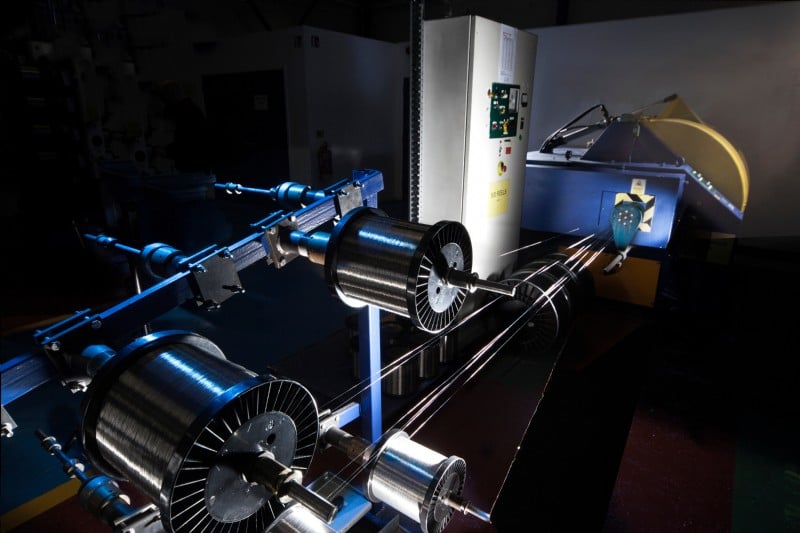Bunched Wire
Bunched wires can be manufactured in any alloy, in a wide range of sizes and a variety of strands.
Bunched wires can be supplied in long lengths to minimise our customers' scrap and change-over times and on a variety of reel sizes. Strict adherence to our in-house product quality standards means that all bunched wires are 100% checked in process for high or broken strands. Our comprehensive laboratory allows us to application test bunched wire to meet our customer’s specifications.
get in touch to find out how we can help...

bunched wire manufacturing
Be it bunched resistance wires or bunched thermocouple wires for electrical or mechanical applications Scott Precision Wire has a range of machines and processes to produce products that meet your needs.
Scott Precision Wire goes above and beyond to ensure that instances of high strands are eliminated by rewinding through a three-plane Lump/Neckdown detector ensuring your manufacturing processes can run uninterrupted.
Call us with your requirements, you won’t be disappointed!
bunched wire FAQs
Bunched wire is a type of conductor that is made up of multiple smaller strands twisted together, which provides greater flexibility compared to a solid wire. Bunched wire is commonly used in various applications, including electrical wiring, telecommunications, and industrial settings where flexibility and durability are required.
Bunched wire features wire strands that are compiled in no particular geometric arrangement, whereas concentric wire involves multiple layers being applied around a central wire. Bunched wire is less flexible than concentric wire, with the latter being stronger, more durable and crush resistant. Concentric wire also provides a circular finish, ideal for coating in thin wall insulations like fluoropolymers.
Bunched wire offers enhanced flexibility, making it easier to manoeuvre and install in various applications compared to a solid wire. It also exhibits better durability and resilience, ensuring a longer lifespan in demanding environments.
our resources
featured case study
A UK Aerospace customer who manufactures high specification thermocouple assemblies for use in jet engines had a problem in that their manufacturing process caused the thermocouple EMF to drift out of International Specification’s. ... read more